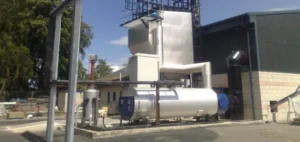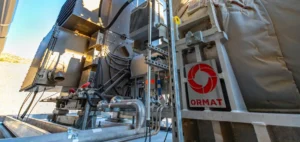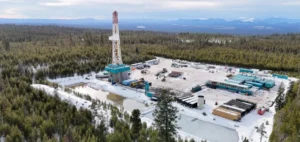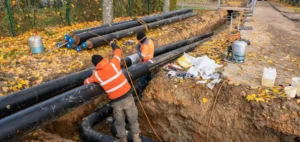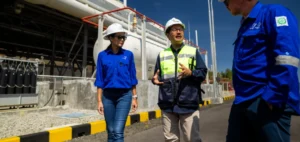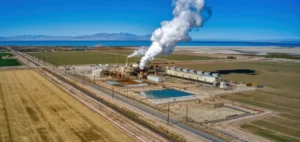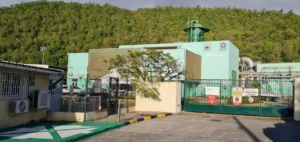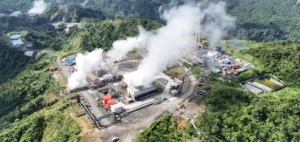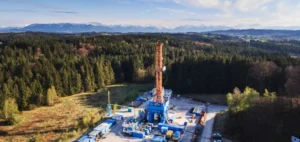French energy group Idex has signed a 30-year concession agreement with the Nice Côte d’Azur Metropolis to develop and operate GéotherNice, a geothermal district heating network in the southeastern region. The €42.2mn ($45.6mn) project will tap into the Var alluvial aquifer and benefit from €16.5mn ($17.8mn) in public subsidies.
Present at the signing, Idex Chief Executive Officer Benjamin Fremaux confirmed that the partnership continues the group’s cooperation with the metropolis, following the launch of the Nice Méridia heating network in 2021. The new agreement aims to meet local energy objectives with a supply largely based on renewable sources.
A public-backed energy infrastructure
The GéotherNice network will feature an intelligent thermal distribution system managed by automated control using artificial intelligence. According to the project’s technical specifications, 82% of the heat produced will come from local renewable sources. This is expected to meet high energy performance standards defined by the regional Climate Plan.
The network will prioritise the supply of several public buildings and future facilities linked to the 2030 Winter Olympic Games, including the ice rink scheduled to host official events. The infrastructure has been designed to meet the energy-efficiency requirements set for the international competition.
A long-term energy planning tool
Beyond its technological features, GéotherNice also represents a long-term energy planning initiative. Smart grid control is intended to enable real-time energy demand management, offering improved flow optimisation and demand forecasting.
The agreement provides that Idex will be responsible not only for construction but also for full operation of the facility over three decades, reinforcing its role in the regional energy landscape. Delivery of the network is expected over the coming years, although no specific timetable has yet been disclosed.
Established presence in southern France
With this operation, Idex continues to expand its urban heating network portfolio across France, where the group already holds around fifty concessions. The project’s economic model is based on a combination of public resources and private financing, a structure commonly used in local energy infrastructure development.
The GéotherNice network is positioned as a key component of the metropolitan energy strategy, with an expanded technical and economic scope. The progressive deployment of the system will need to accommodate evolving demand and changing regulatory standards in the renewable heating sector.



